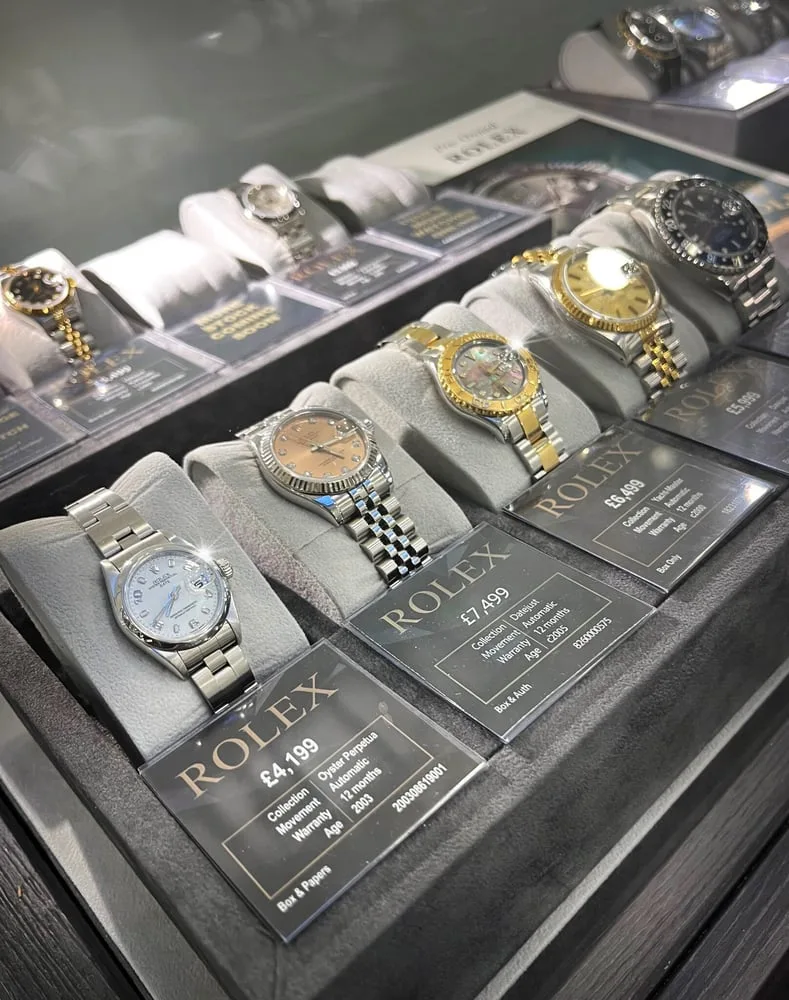In the face of soaring gold prices fueled by geopolitical tensions and rising inflation, pawnbrokers emerge as unexpected beneficiaries. While high-end fashion brands and jewelry outlets grapple with declining sales, pawnshops are experiencing a surge in interest, with more people turning to these establishments to borrow cash or sell secondhand watches and jewelry.
The rise in gold prices, attributed to conflicts in the Middle East and inflationary pressures, has made pawning and selling more attractive, as the value of gold has increased by 10% over the past year. As individuals seek to alleviate financial stress, they are increasingly utilizing pawnshops as a means to borrow money or sell luxury items. The trend is not limited to the UK, as pawnbroking giant FirstCash Holdings Inc. reported a 17% increase in third-quarter revenue, signaling a broader global pattern.
Pawnbrokers are not only benefitting from heightened demand for borrowing and selling but also witnessing a growing interest in purchasing secondhand luxury items. The allure of secondhand goods lies in their perceived better value and sustainability. This trend aligns with a broader cultural shift, especially among younger generations, favoring pre-owned items over new ones.
The UK’s leading pawnbrokers, H&T Group and Ramsdens Holdings Plc, have seen their share prices rise by 60% and 28%, respectively, over the past two years. The total value of loans from hocked goods, known as the pledge book, at H&T Group reached £114.6 million ($143 million) in June, marking a 35% increase from the previous year.
This phenomenon reflects a systemic shift from buying new to embracing pre-owned items. The environmental aspect of reducing carbon footprints and the appeal of better value contribute to the growing popularity of pre-owned luxury items.
As gold prices remain elevated and inflationary pressures persist, pawnbrokers are positioned to continue thriving. This trend underscores a broader movement toward sustainability and conscious consumerism, reshaping the narrative around luxury goods and encouraging a more circular economy.
